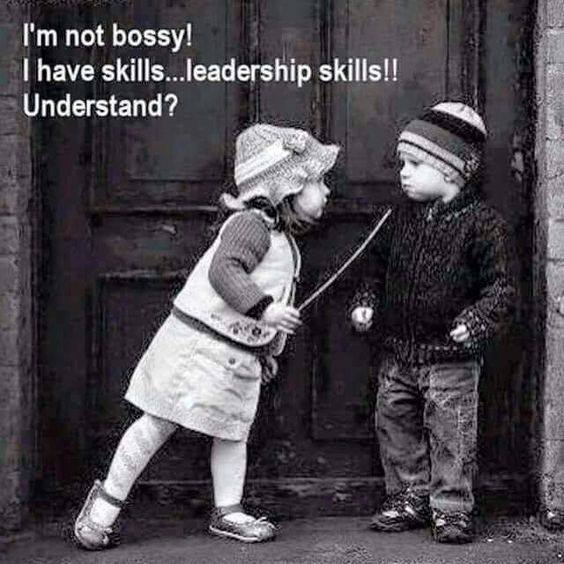Wikipedia – “Mentorship is a relationship in which a more experienced or more knowledgeable person helps to guide a less experienced or less knowledgeable person. The mentor may be older or younger than the person being mentored, but he or she must have a certain area of expertise.”
Mentoring is the process for the informal transmission of knowledge to the next generation. As a planner with over 30 years of experience I am willing to pass it on however I also am aware it may feel overwhelming for the recipient. The skills I have honed to be a successful events and meeting planner are sometimes foreign to the new generation.
- Returning emails within the same day (me) – who emails anymore (protégé)?
- Answering the phone (me) – why don’t they just text us (protégé)?
- Meeting face to face with the client (me) – can’t we just text them (protégé)?
- Spell check everything (me) – Really (protégé)?
The formal description of Mentorship is partnership between someone with vast experience and someone who wants to learn. Mentoring goes both ways. After doing something you have done for longer than the protégé has been on this earth simply doesn’t make it right. Seeing through fresh eyes can help both learn new ways to do the task better.
The time spent to mentor someone is invaluable! A price can’t be placed on the years of experience of knowing what works and what doesn’t. Hands on experience is the only way for the future planner to learn, as well as understand how important attention to every detail is or their how lack of attention to detail can be the demise of an event.
I have never done one event that hasn’t had a challenge but my experience has taught me how to manage these minor crises and never let on to the client or the attendees there was an issue. Only with time and experience does one build this skill. So, as our next generation of planners hone their skills I will be there to support them and pass on my experience.
Mentoring takes time and energy. Be willing to answer all their questions, engage with their ideas, discuss why and how you do the job the way you do it and encourage them to make business decisions that they feel are appropriate for the situation – this is how they will learn. One of my first mentors was at a new job I landed just fresh out of BCIT in 1985. She took me shopping to Holt Renfrew during their annual sale. She made me purchase a three piece suit and shoes to go with the suit. At that time, it was a lot of money for me but money well spent. “You need to look the part you are growing up to be” she said. Who was your career mentor as you started this journey?
